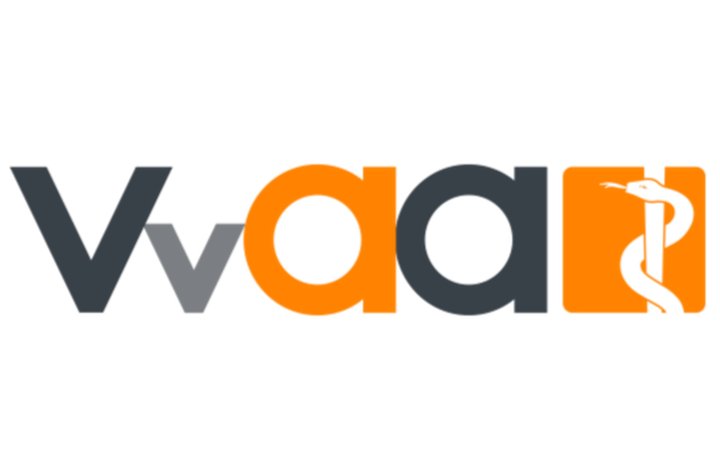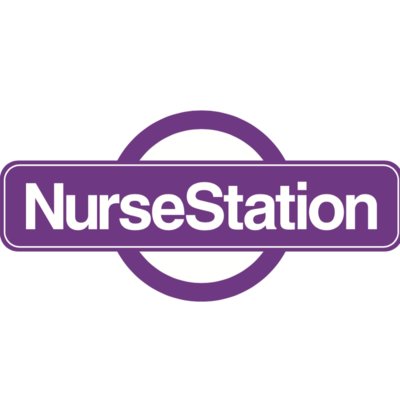2018
 - Erasmus Universiteit Rotterdam -
- Erasmus Universiteit Rotterdam -
Finally, the time had arrived. Just before Christmas, I stepped on the plane to Ghana.
I had nothing to worry about; with Work the World and their online placement planner, we made all the necessary preparations in the months leading up to my departure.
I had all the info I needed about the hospital departments and the amazing Work the World house, and I knew exactly what was going to happen in my first few days. I had never been so prepared.
I got off the plane and felt the humid African air. That’s when I truly realised it had begun.
After making my way through immigration and waiting for my luggage, I found a member of the Work the World team outside the airport waiting for me. He was wearing his blue Work the World shirt, which I’d been told to look out for.
It was around midnight when we arrived, so we went to a hotel to get some rest before travelling to Takoradi the next morning.
We woke up early to head to the bus terminal. It went very smoothly thanks to our Work the World liaison, and we were on our way before I knew it.
They showed us all the best places in Takoradi, and how to find our way around in the city.
The bus was comfortable. It had AC and a lot of legroom. A few hours later, we arrived at the house in Takoradi. Lunch was prepared, and I finally met my housemates.
That afternoon, the Work the World team took us out on a city orientation. They showed us all the best places in Takoradi, and how to find our way around in the city.
When it came to the placement itself, I spent my first two weeks in OBG.
I saw a variety of cases, from Steven Johnson Syndrome to malaria in pregnancy. I also saw a lot of incomplete abortions. Some seemed to be the result of traditional herbal medicine.

I saw one case were herbal medicine had been inserted into the patient, which likely caused her miscarriage and certainly cause the abscess in her uterus. Something they found out just in time before the surgery was undertaken.
In the OR, the most common surgeries were C-sections, but they also performed some myomectomies and tubectomies. I observed many C-sections, and on one of my last days in this department, I was asked if I wanted to scrub in for one the next day. Of course, I said yes. This was my first time assisting (under close supervision) on a surgery and a great way to end my placement in the OBG department.
I was in the ED for the next four weeks. I choose to spend longer in this department as I wanted to get to know it well. This turned out to be a good idea as I became really confident in what I could do and felt a part of the team. I also had a keen interest in emergency medicine, so this was the opportunity to learn it.
I had been there for no longer than 15 minutes when a patient started gasping.
On the morning I started in the ED, I had been there for no longer than 15 minutes when a patient started gasping. I had been talking with one of the junior doctors finishing his nightshift, and I asked if we should start CPR to help the nurses with this patient. He was sure that things would be fine and that the nurses could handle it. No one seemed to start CPR, so I doubted his judgement. But, as he suggested, one of the nurses quickly started CPR as the other ED nurses explained to the local student nurses how they could improve their own technique.
After 20 minutes of CPR, the patient started breathing again. With something like this happening in the first hour of my first day, I expected the next few weeks to be interesting indeed.
The ED had room for around ten patients, but on busy days, there were often more than 15. Some patients were referred to us from smaller rural clinics but refused care when they arrived due to the lack of space.

There was one case where a patient was dying in the back of a cab. With the help of her husband and the taxi driver we got her into a wheelchair and took her inside to start the ABCDE approach.
Because she was unconscious and making a snoring sound, we figured she had a problem with her airway. I used a jaw thrust to keep her airway open, trying to secure it with a guedel tube. Following the whole ABCDE process, we still couldn’t ascertain why she was unconscious.
Because of a lack of patient information, equipment and general resources, there was nothing we could do besides giving her oxygen, wait and hope. Eventually, she went into cardiac arrest. We started CPR, but to no avail.
Doctors had the knowledge and skills to treat and save patients like this, but they just didn’t have the proper resources.
This case illustrates the striking differences between healthcare provision in the Netherlands and Ghana. In the Netherlands, all available resources would be allocated towards this patient who needed it the most. In Ghana, they knew that if a patient came in like that, the chances of saving her would be minimal. Doctors had the knowledge and skills to treat and save patients like this, but they just didn’t have the proper resources to do so.
During my third week in the ED, an Australian medical student travelling with Work the World joined me. We teamed up, and together we saw, examined, and made differential diagnoses and treatment plans for patients.
We were both experienced enough to know how to manage trauma cases. So, when a patient came in who had fallen off a building, we ran that case together.
In my last week in the ED, I took afternoon shifts. They were busier than the morning shifts, and the cases that came in were also more severe. After getting comfortable in the first weeks, it was a good next step.

- The lodge in Mole National Park -
Besides all the time I spent in the hospital, I also spent a lot of time in the Work the World house. The house was truly amazing. There were a lot of places to hang out, inside as well as outside. A lot of afternoons we just hung out around the pool in the backyard, cooling down and relaxing with a drink after placement.
The catering team were amazing too. Breakfast was ready before placement each day, and dinner was prepared for us in the evening. I loved the food, I could never make food that good for myself back home.
What really made the experience were the other students in the house. Being together with so many healthcare students from all across the world created an amazing vibe. We always shared stories from back home and told each other about our days in the hospital.
It was nice to have people to talk to, especially after a rough day. People who are passionate about healthcare.
Get Work the World to plan your placement and it will be an adventure you will never forget.
The afternoons weren’t the only chance we had to relax and enjoy Ghana. Almost every weekend I travelled around Ghana with my housemates.
We did a canopy walk, visited Cape Coast, enjoyed the beautiful beaches in Busua, relaxed in a resort in Axim, and travelled to Mole National Park for safari.
Get Work the World to plan your placement and it will be an adventure you will never forget. All the different parts make the experience complete—the planning from Work the World before you go, the overseas teams, the hospital experience, the weekend trips, and the amazing people you meet.
Ghana will change you rather than you changing Ghana. So, go along with their way of life and your time overseas will be amazing.

.jpg)
%2014.webp)
%2022.webp)



